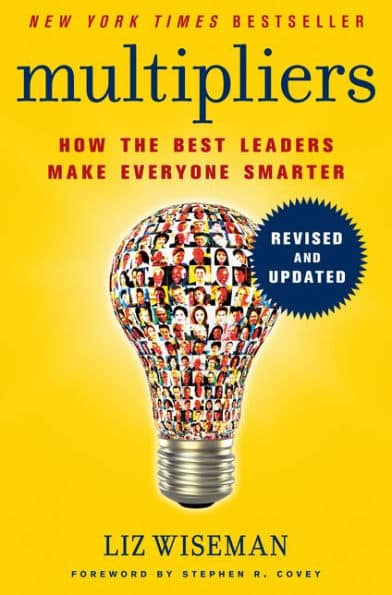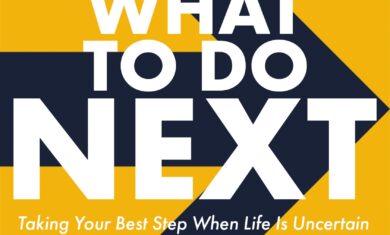I share a lot on here about controlling our own emotions, with things like noticing the ability for some people to have a good day. Not everyone is capable of that, so it’s worth pointing out when we see it.
Related is the ability to control your emotions, even in the face of challenges. In Liz Wiseman’s book “Multipliers“, she shares a brief story of a man who is questioned why he wasn’t upset after a bad encounter and his response was simply “I don’t want to be”. Here’s the full quote from the book:
Ignoring a negative situation typically requires an active choice. This is how Glenn Pethel, a sage education leader from Georgia, has learned to manage through frequent brushes with uncooperative colleagues. After these contentious encounters, his close associates would ask him why he wasn’t upset. Pethel, who speaks with a gentle, southern charm, would reply, “Because I don’t want to be. Something caused this person to behave this way, and it wasn’t necessarily me. Do I like it? No. But it’s not going to dip from my bucket.”
It’s much easier said than done, but it’s in our control. In the example above, Pethel had the opportunity (and the expectation) to be upset, and he simply chose not to.
The more you let others dictate your emotions, the worse things tend to be. It’s not easy to do, but if you simply decide not to get upset you’re 90% of the way there.





The Stoics spoke of this many years ago. If they could do it, we can, right? Very similar idea in ‘Unoffendable’ by Brant Hansen. I’ve been working at this for years … haven’t mastered it yet.
Well said. I don’t think any of us will ever master it, but it’s good to work a little closer to it every day.
I’m not familiar with Hansen’s book, but I’ll check it out. Thanks!